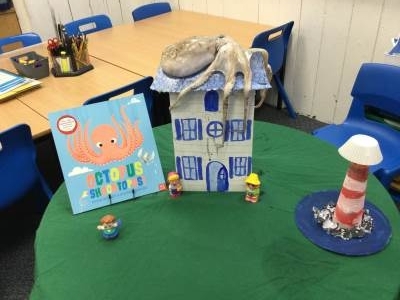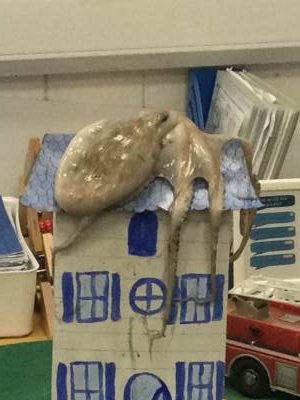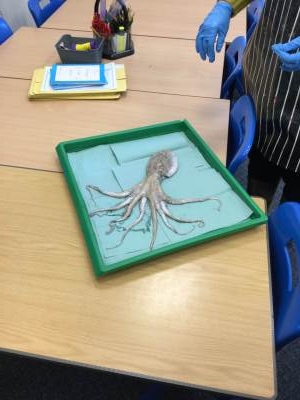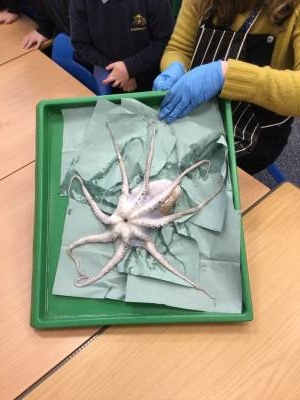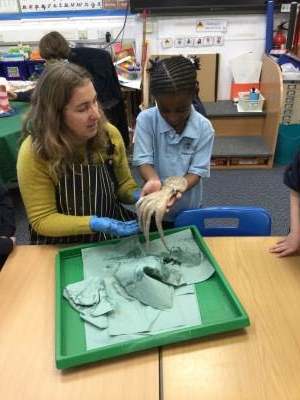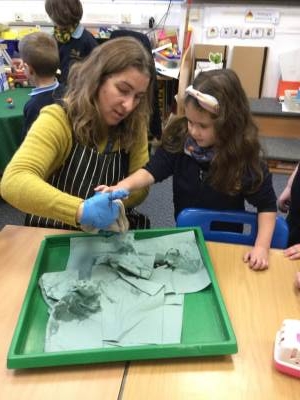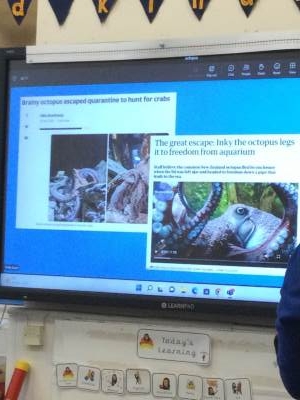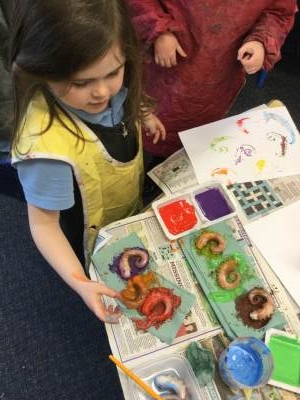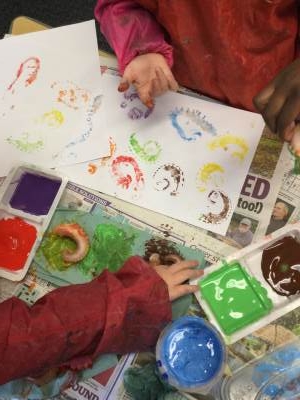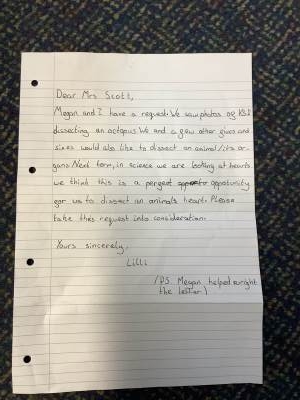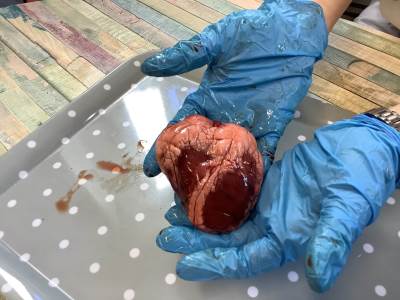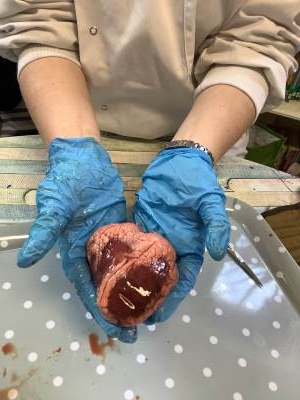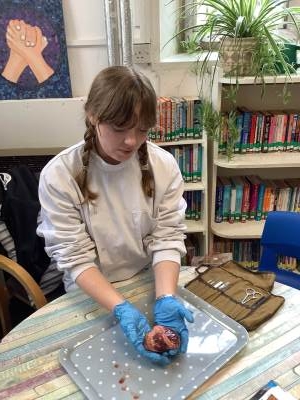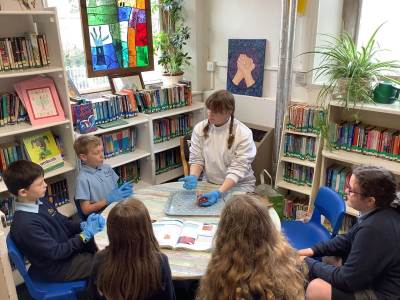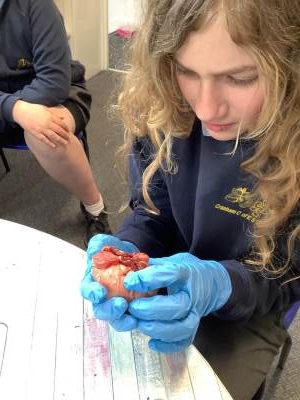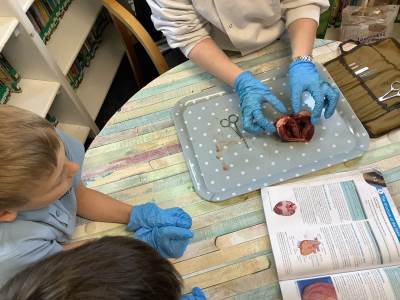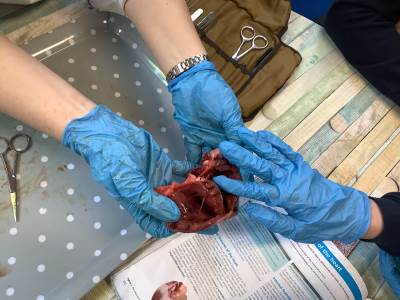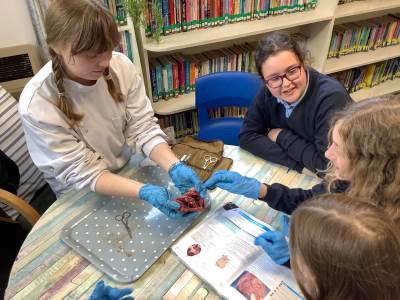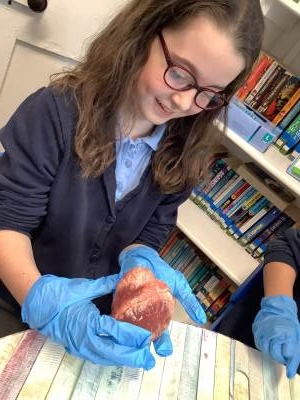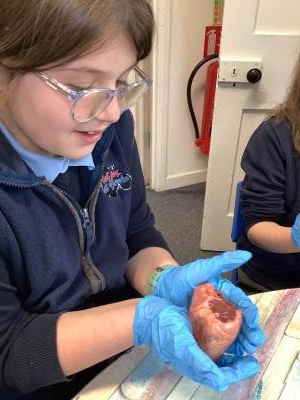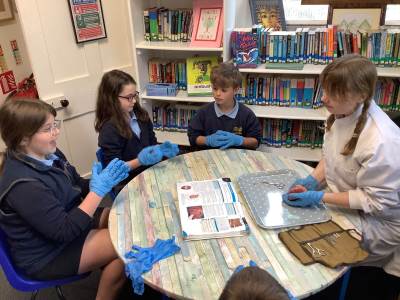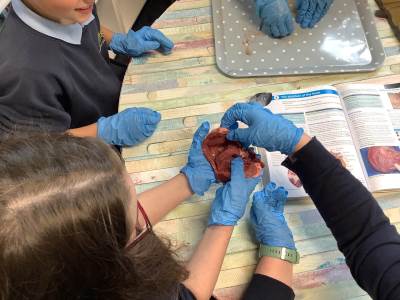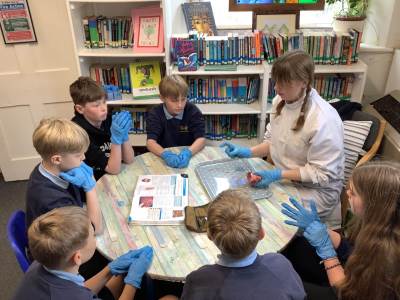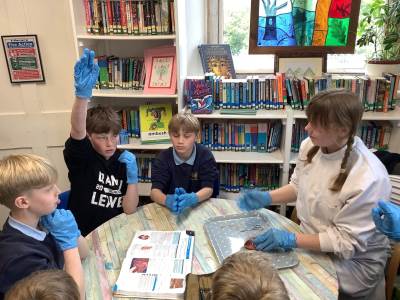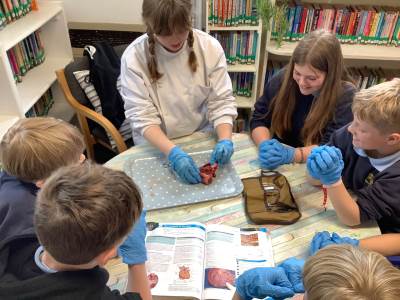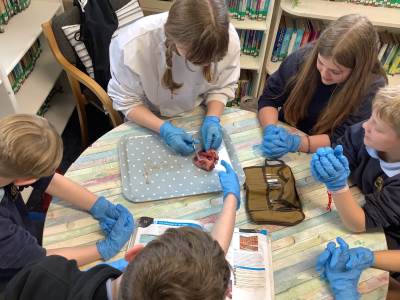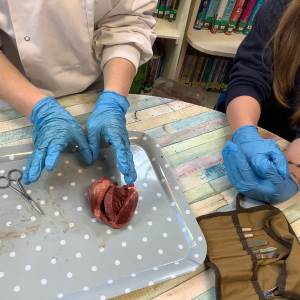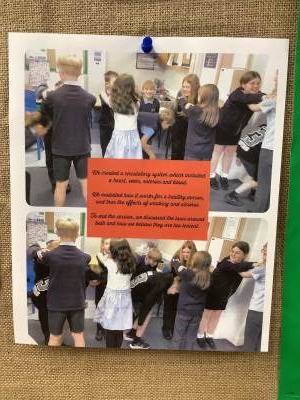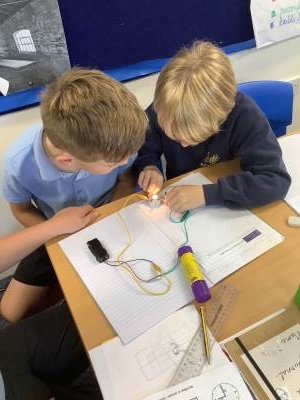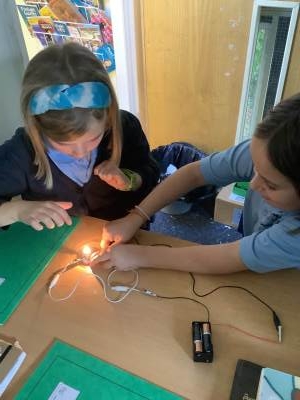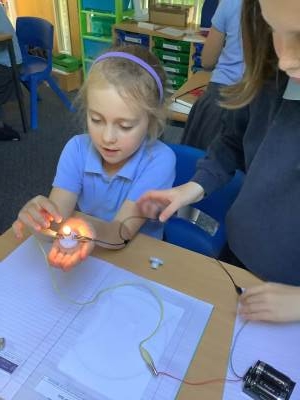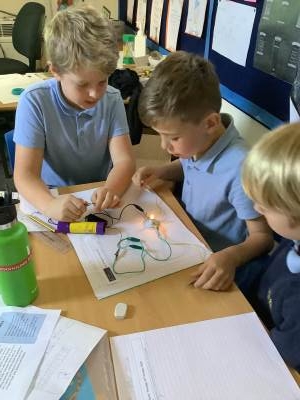Science Implementation: How we teach and learn...
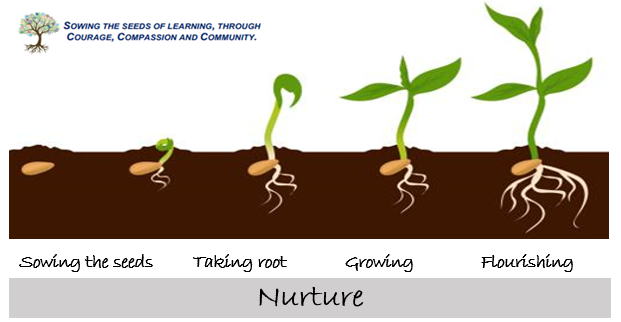
In science lessons we focus on key skills...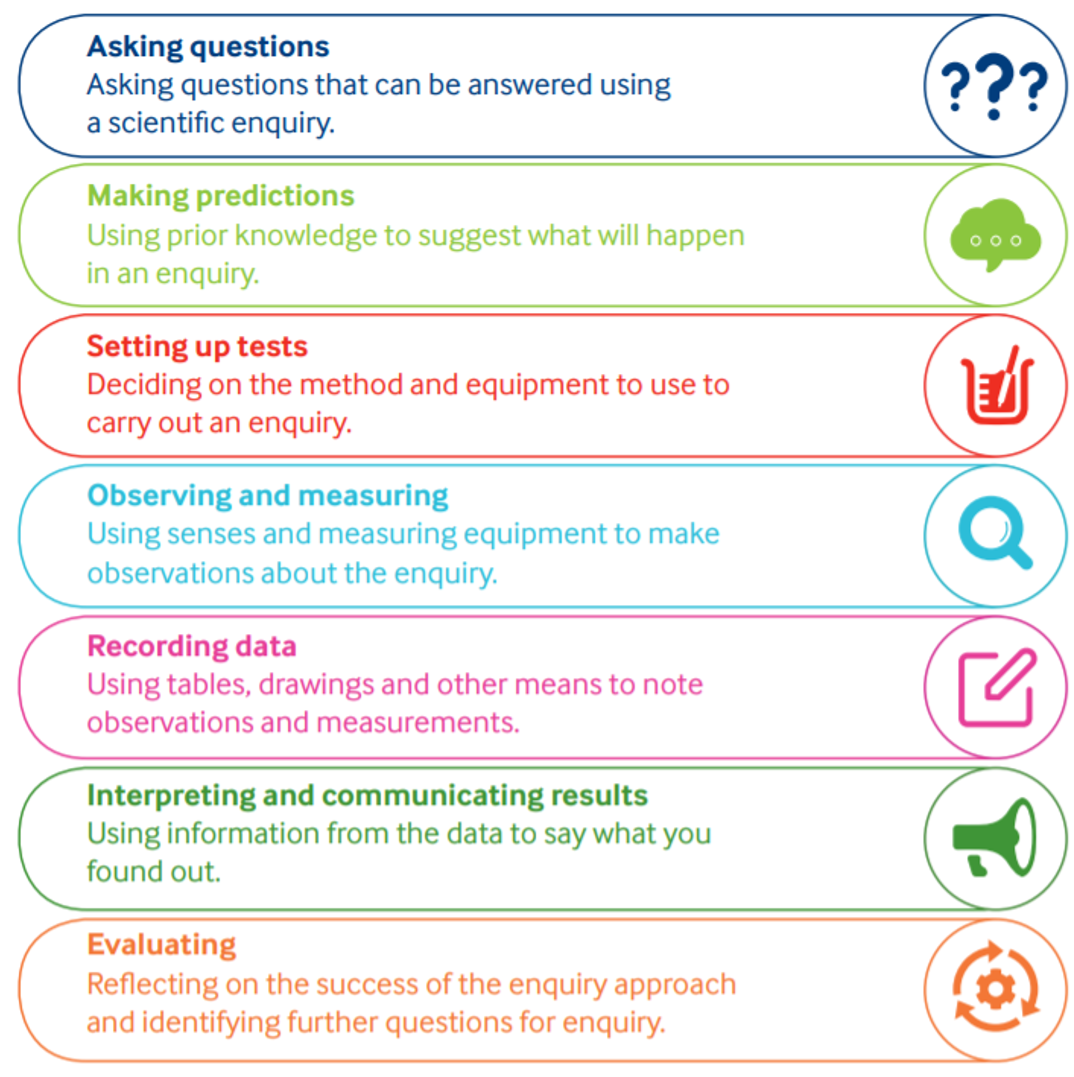
The acquisition of key scientific knowledge is an integral part of our science lessons. Linked knowledge organisers enable children to learn and retain the important, useful and powerful vocabulary and knowledge contained within each unit. The progression of skills for working scientifically are developed through the year groups and scientific enquiry skills are of key importance within lessons. Scientific knowledge and enquiry skills are developed with increasing depth and challenge as children move through their class groups. They complete investigations and hands-on activities while gaining the scientific knowledge for each unit.
The sequence of lessons helps to embed scientific knowledge and skills, with each lesson building on previous learning. There is also the opportunity to regularly review and evaluate children's understanding.
How science is taught in KS1:
This term we have read the story Octopus Shocktopus. We were excited to find that a real octopus came into class whilst we were out at play! We all looked at the octopus with care before Mrs Wilce dissected it for us to see how its body is formed. We have had a lot of fun finding out about octopuses and now feel like experts. We were also extremely lucky to interview Miss Scott from Oxford University; she told us some fascinating facts. We considered what group of creatures an octopus might belong to, and whether it was a herbivore, a carnivore or an omnivore. As a result of our learning, we have completed information texts about Octopuses.
KS1 science: Octopus Shocktopus
Click here for more examples of KS1 science teaching: Living Things!
Click here for more examples of KS1 science teaching: Animals including humans!
Click here for examples of KS1 science teaching : Everyday Materials!
How science is taught in KS2:
The Digestive System: Hazel class had a very messy Science lesson learning about how we digest our food. Exploring the digestive system in a practical way helped us to see what happens inside our body, and helped us to visualise the jobs that each of our organs are doing inside our bodies every day! Click on the photos to see our steps!
How the Heart Works: We had a very polite request from Oak Class last term, suggesting that a dissection may aid their learning in science. As a result, we arranged for Oak Class to take part in live dissections of sheep’s hearts, with Miss Scott (our resident Oxford University biologist). This really helped to consolidate our understanding of the function of the heart, and the scientific vocabulary needed to describe it. The more we talk about it, the more we strengthen those connections within our brains and the more we remember long-term.
KS2 science: How the heart works
Electricity: Hazel Class experimented with wires, bulbs and batteries to try and create their own series circuits. This helped us to put our knowledge into practice, helping us to see if we could use what we had learnt about electricity to create our own working circuits.
KS2 science: Electricity

